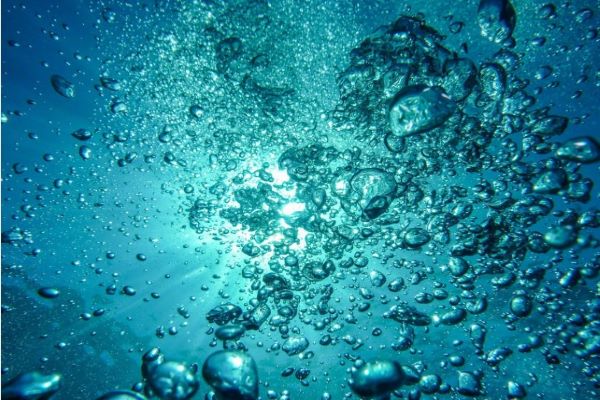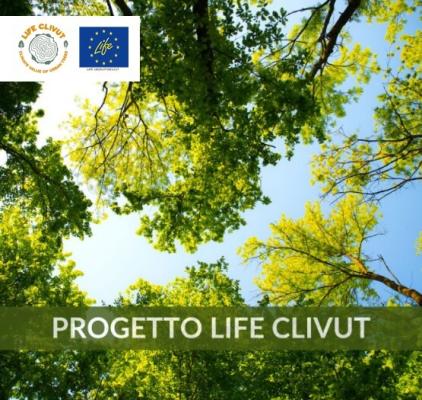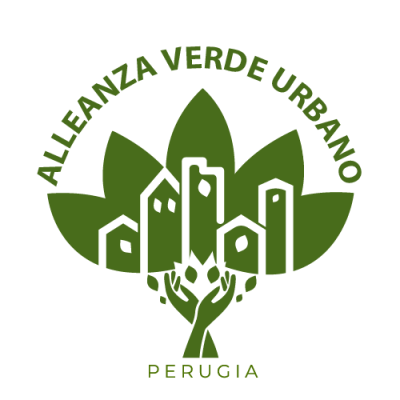- Email : info@lifeclivut.eu
Notícias e Eventos
A Sea of CO2!

The 70% of Earth is covered by oceans. This enormous ecosystem has an essential role: we could consider it as a big blue lung, which can absorb carbon dioxide. In other words... a sea of CO2!! Oceans stock around a quarter of atmospheric carbon dioxide, decreasing green house effect. In the meanwhile, this brings oceans to absorb up to the 90% of heat produced by green house gasses.
On the one hand it means that oceans help us a lot, but on the other hand their CO2 increasing means sea acidification. pH decreasing has many consequences on ecosystems: from coral whitening, to algae loss, up to oxygen reduction in water.
Not less important, acidification has a strong impact on ocean wildlife: not only fishes, but also plankton, which is at the base of food chain and ecosystem. A research published on PNAS said that the acidification rhythm of water masses is the fastest over the last 300 million years.
Another publication on Science Advanced underlined that the global temperature rise up contributes to a low oxygenation of sea, since hottest water means less soluble oxygen. To mitigate the issue of this sea of CO2, it is essential reducing anthropical emission of carbon dioxide.
Through NBS application, LIFE Clivut project is studying which trees are the most suitable in cities in order to catch up as much CO2 as possible.
The Earth needs to be safeguarded, so it is important to work all together and from different points of view.
For example, a smartest and ecosustainable green management in the city could be a first step to help oceans (too) to breath better.
Pulished January 8th.
























